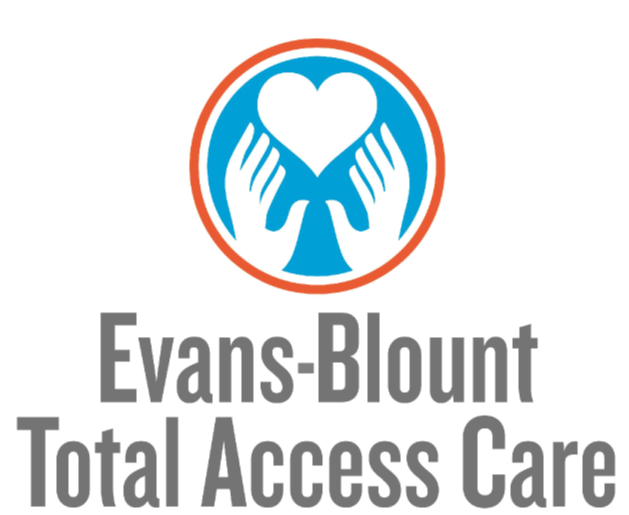Trauma Focused Cognitive Behavioral Therapy (TFCBT)- is a conjoint child and parent psychotherapy approach for children and adolescents who are experiencing significant emotional and behavioral difficulties related to traumatic life events. It is a components-based treatment model that incorporates trauma-sensitive interventions with cognitive behavioral, family, and humanistic principles and techniques. Children and parents learn new skills to help process thoughts and feelings related to traumatic life events; manage and resolve distressing thoughts, feelings, and behaviors related traumatic life events; and enhance safety, growth, parenting skills, and family communication.
Cognitive Processing Therapy (CPT)- is a manualized therapy used by clinicians to help people recover from posttraumatic stress disorder (PTSD) and related conditions.[1] It includes elements of cognitive behavioral therapy (CBT) treatments. A typical 12-session run of CPT has proven effective in treating PTSD across a variety of populations, including combat veterans, sexual assault victims, and refugees. CPT can be provided in individual and group treatment formats.
SPARCS- is a group intervention that was specifically designed to address the needs of chronically traumatized adolescents who may still be living with ongoing stress and are experiencing problems in several areas of functioning. These areas include difficulties with affect regulation and impulsivity, self-perception, relationships, somatization, dissociation, numbing and avoidance, and struggles with their own purpose and meaning in life as well as worldviews that make it difficult for them to see a future for themselves. Overall goals of the program are to help teens cope more effectively in the moment, enhance self-efficacy, connect with others and establish supportive relationships, cultivate awareness, and create meaning.








